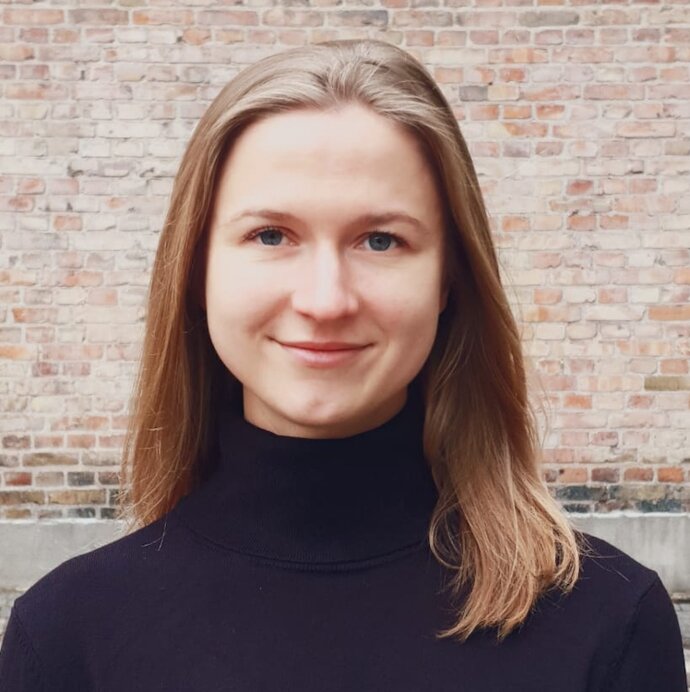Person

Researcher
- English Studies
- Centre for Languages and Literature
Contact information
E-mail nele.poldvereenglund.luse
Visiting address
Helgonabacken 12, Lund
Postal address
Box 201, 221 00 Lund
Internal post code 20
As of January 2021, I'm working on the interdisciplinary project Fakespeak – the language of fake news based at the University of Oslo.
I'm affiliated with Lund University through my work on the London–Lund Corpus 2 (LLC–2) of spoken British English.
I was a Postdoctoral Fellow in English Linguistics at Lund University during autumn 2020, having completed my PhD at the same university in 2019. My research centred on spoken language and the combination of social and cognitive processes of meaning-making in English conversation. It aimed to further our understanding of the social motivations and cognitive mechanisms of spoken language production, comprehension and change. To achieve this, I used advanced statistical methods such as linear mixed models, and a combination of qualitative and quantitative corpus and experimental techniques.
In the Research Portal you can search and find information about all active researchers, units, publications, projects, infrastructures, and more, to get an overview of Lund University research.
My profile in Lund University research portal
Researcher
- English Studies
- Centre for Languages and Literature
Contact information
E-mail nele.poldvereenglund.luse
Visiting address
Helgonabacken 12, Lund
Postal address
Box 201, 221 00 Lund
Internal post code 20
